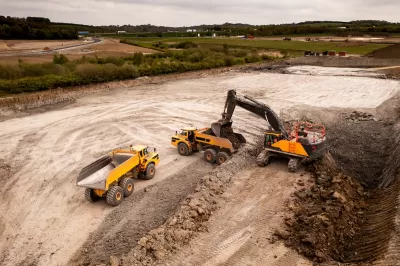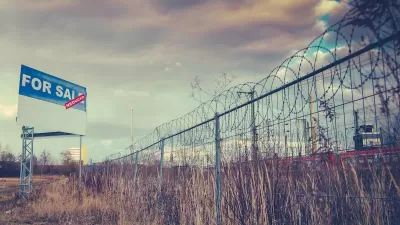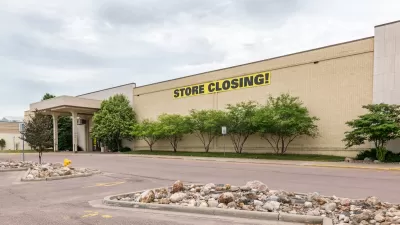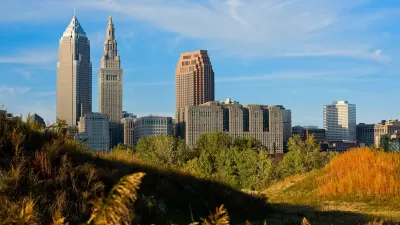The conference will bring together diverse stakeholders to share knowledge, strategies, and resources for the remediation and sustainable redevelopment of contaminated properties, fostering economic growth and environmental restoration.

The National Brownfields Training Conference, taking place August 5-8, 2025, at McCormick Place in Chicago, serves as the premier event for stakeholders in brownfields remediation and redevelopment. Bringing together professionals from government, industry, and community organizations, the conference offers an extensive program of 180+ sessions, workshops, and networking opportunities. Attendees will learn about cutting-edge technologies, financial strategies, and best practices to address the challenges of cleaning up and repurposing contaminated properties, fostering sustainable development and environmental protection.
The conference is designed for a wide audience, including environmental consultants, developers, attorneys, engineers, and policymakers, as well as community leaders seeking to spur economic growth and restore public health through brownfields projects. Highlights include interactive sessions, a vibrant exhibit hall showcasing federal agencies and private sector solutions, and mobile workshops offering firsthand views of successful site transformations. These features provide invaluable opportunities for attendees to exchange knowledge, forge partnerships, and earn continuing education credits.
Returning to Chicago for the first time since 2015, the event will spotlight the city’s commitment to environmental progress and economic development. Participants can explore Chicago through curated tours and workshops while gaining insights from experts and decision-makers. By convening a diverse group of professionals and emphasizing collaboration, the National Brownfields Training Conference continues to play a critical role in advancing brownfields redevelopment and promoting sustainable land use across the United States.
FULL STORY: The National Brownfields Training Conference

Trump Administration Could Effectively End Housing Voucher Program
Federal officials are eyeing major cuts to the Section 8 program that helps millions of low-income households pay rent.

Planetizen Federal Action Tracker
A weekly monitor of how Trump’s orders and actions are impacting planners and planning in America.

Ken Jennings Launches Transit Web Series
The Jeopardy champ wants you to ride public transit.

Crime Continues to Drop on Philly, San Francisco Transit Systems
SEPTA and BART both saw significant declines in violent crime in the first quarter of 2025.

How South LA Green Spaces Power Community Health and Hope
Green spaces like South L.A. Wetlands Park are helping South Los Angeles residents promote healthy lifestyles, build community, and advocate for improvements that reflect local needs in historically underserved neighborhoods.

Sacramento Plans ‘Quick-Build’ Road Safety Projects
The city wants to accelerate small-scale safety improvements that use low-cost equipment to make an impact at dangerous intersections.
Urban Design for Planners 1: Software Tools
This six-course series explores essential urban design concepts using open source software and equips planners with the tools they need to participate fully in the urban design process.
Planning for Universal Design
Learn the tools for implementing Universal Design in planning regulations.
Heyer Gruel & Associates PA
Ada County Highway District
Institute for Housing and Urban Development Studies (IHS)
City of Grandview
Harvard GSD Executive Education
Toledo-Lucas County Plan Commissions
Salt Lake City
NYU Wagner Graduate School of Public Service





























